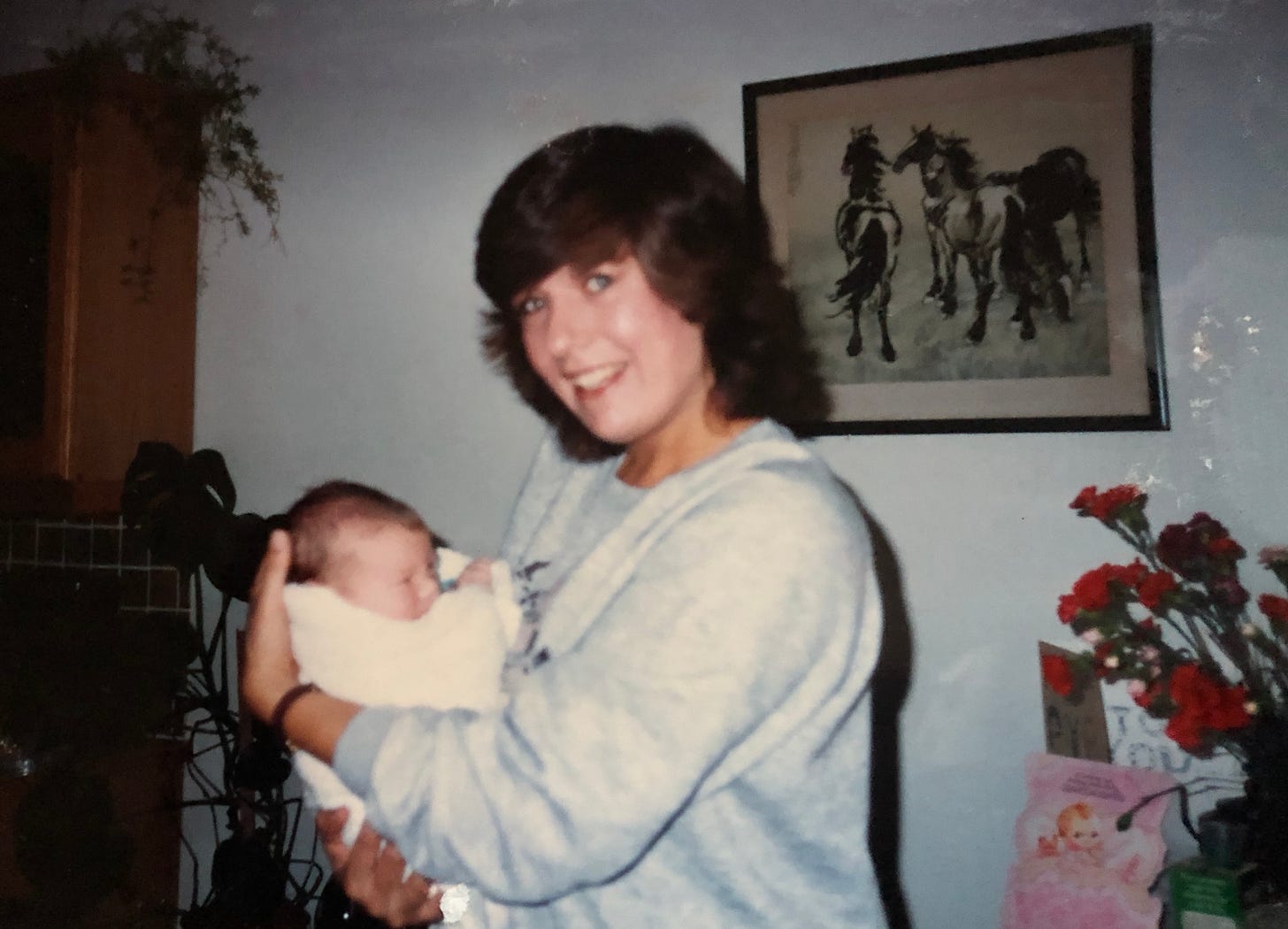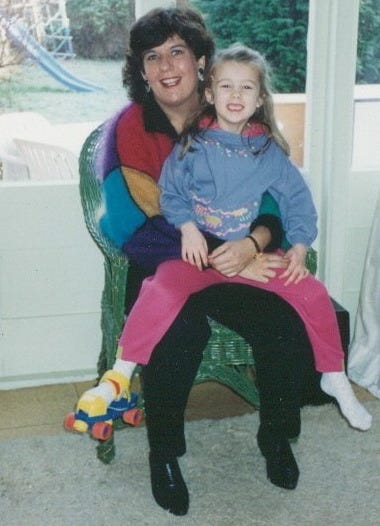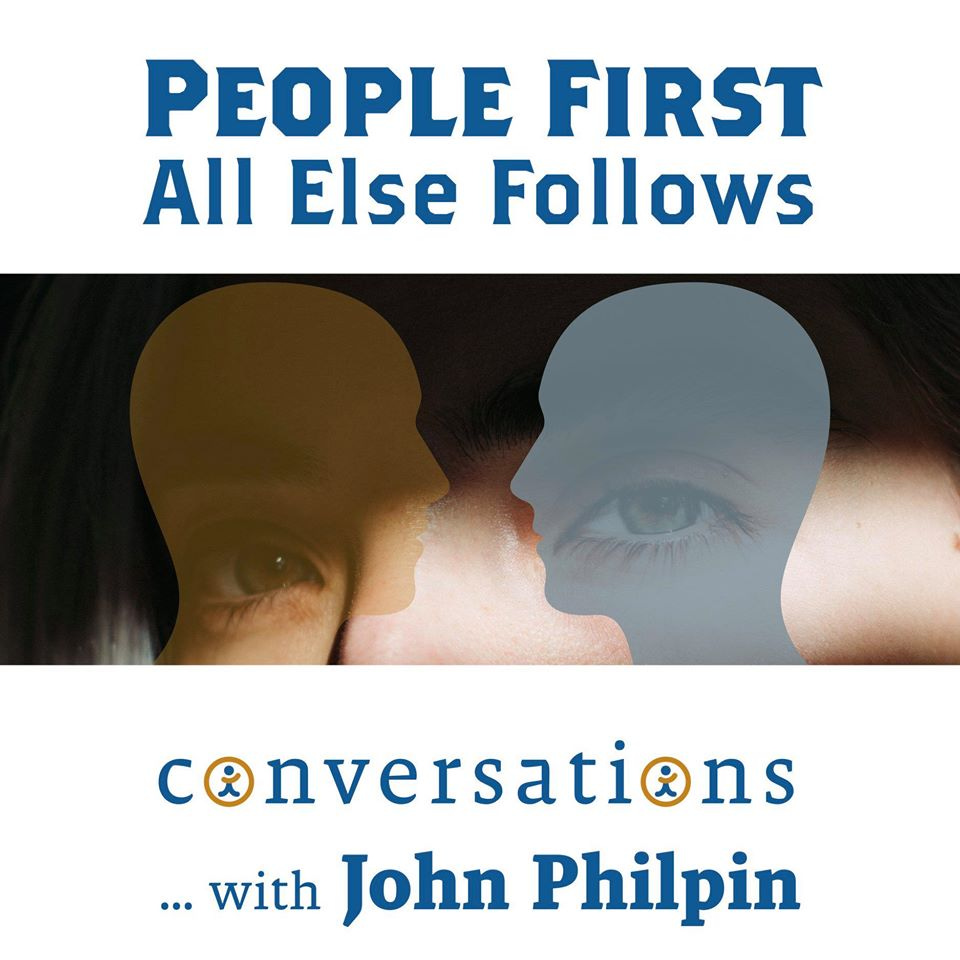Studs Terkel
It's Personal
The time before August 18th, 1996 seems like another world. It was certainly another time. Before then my sister, Carole, was alive. After that, she wasn’t.
But she lives on in my memory and every now and then, a message arrives from the universe … lest I forget. (I might seem to. I don’t).
She graduated in English in 1979, looked around the UK, figured that America was calling her and responded accordingly. She arrived in Chicago, applied and was accepted into the MBA program. No ‘Plan B’, No invite. No scholarship. No third-party financial support. What got her through was hard work, tenacity, never giving up, focus and support from very special people that she met in that great city. She set her sights on ‘the goal’, worked really hard (both in her studies and building an income to support herself and pay for tuition) and came out the other end ready to join Corporate America … F.M.C.G. marketing to be specific and started her journey up the corporate ladder.
I sit at the other end of the spectrum. I was 14 when I started to focus on only Maths and Physics - but in parallel did become a voracious reader.1
All this to say that left to my own devices, I don’t think I would have naturally come across Studs Terkel, certainly not in my 20s … maybe in later life, but not in my 20s. But, thanks to my sister, I had not only heard of Studs Terkel, I had actually read him … ‘American Dreams: Lost and Found’ being my first exploration.
Carole was a big fan of the man. She had studied his writing at University and given her penchant for quoting Studs, it would not surprise me to learn that she chose Chicago because of him.
All this came to mind this week, as I listened to Christopher Lydon’s Open Source podcast Studs Terkel’s ‘Feeling Tone’. The podcast itself is a replay from 2018, when Chicago radio station WFMT first announced that they were releasing Stud's archives onto the internet by digitizing and transcribing 5,000 hours of that radio archive.
“The Studs Terkel edge on the radio was, first of all, picking guests who would sound more interesting 50, 60 years later: Mahalia Jackson, Bucky Fuller, Toni Morrison, Bertrand Russell. Simone de Beauvoir on her Second Sex. Federico Fellini on La Dolce Vita. David Mamet on his Glengarry, Glen Ross. Aaron Copland, Dizzy Gillespie. James Baldwin from 1961, Woody Allen in his twenties. Janis Joplin, Tennessee Williams. John Cage.”
In short
“He was the voice of Chicago between Carl Sandburg a century ago – ‘hog butcher to the world,’ and all that – and Chance the Rapper today.”
What Is This To Do With People First?
If you know Studs and his work, you will understand why he fits into the People First canon. If you do not, well who am I to tell you? Listen to the podcast. Explore the archive or simply read this from 2015 - and when done I hope you agree - not only an extraordinary person, a very ‘People Firsty’ person.
The People First podcast is shortly to emerge from its most recent hibernation with Series 3. This very weekend I am having a conversation with a wonderful man who will be the first guest in the new series. More of that to come, but it’s interesting that Studs leapt to the top of my podcast queue, because for all that Studs is known for, he is not known for interviews - he is known for conversations. Maybe I was unknowingly channelling Studs when I launched the podcast over two years ago.
For example, reading all three volumes of Lord of the Rings in 6 weeks leading up to one set of exams at university (with the expected repercussions of course … but that is another story).






Nice one